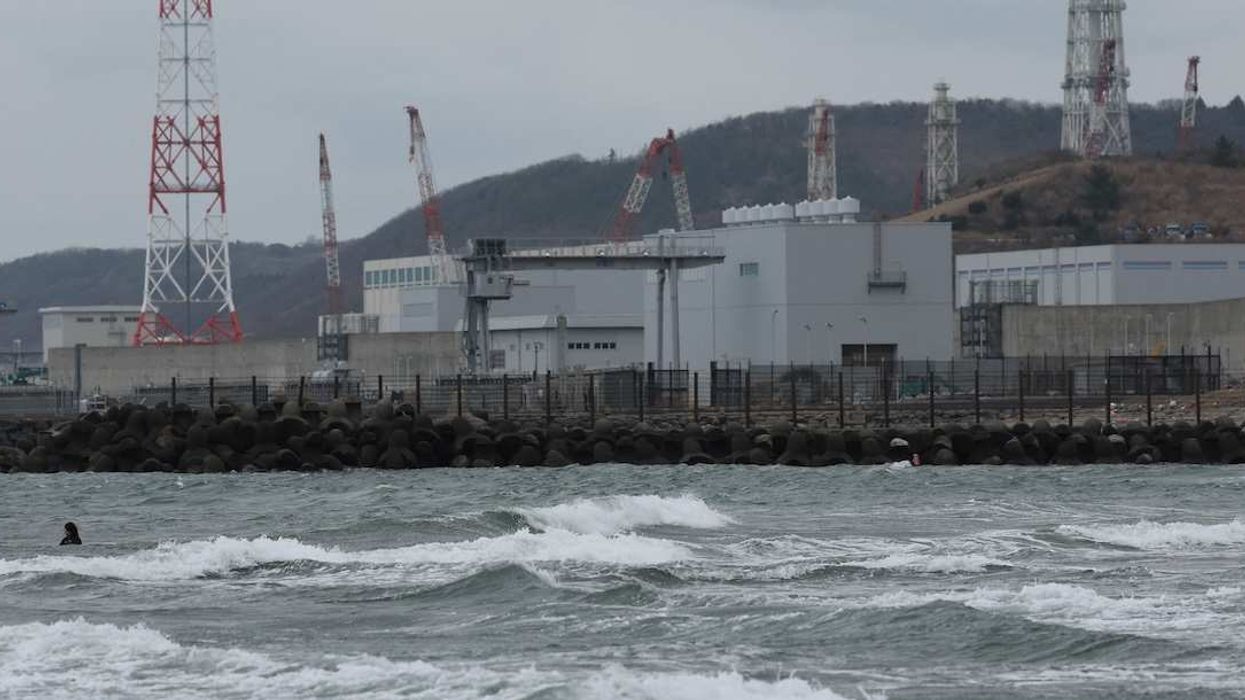3 million: Evidently, there’s hot demand for AI-related scripts in Hollywood. A thriller about artificial intelligence from a relatively unknown screenwriter named Natan Dotan just sold for $1.25 million, a number that will rise to $3 million if it’s turned into a film. Despite Hollywood’s perennial discomfort with AI infiltrating the film industry, maybe all of the hubbub has got them thinking that audiences will turn out for a good old-fashioned AI thriller.
36: Stanford researchers analyzed the AI capabilities of 36 countries and determined that the US significantly leads in most of the 42 areas studied — including research, private investment, and notable machine learning models. China, which leads in patents and journal citations, came in second, followed by the UK, India, and the UAE.
10 million: Niantic, the developer of the augmented reality game Pokémon Go, announced that it’s building an AI model to make a 3D world map using location data submitted by the game’s users. The company said it already has 10 million scanned locations.


















